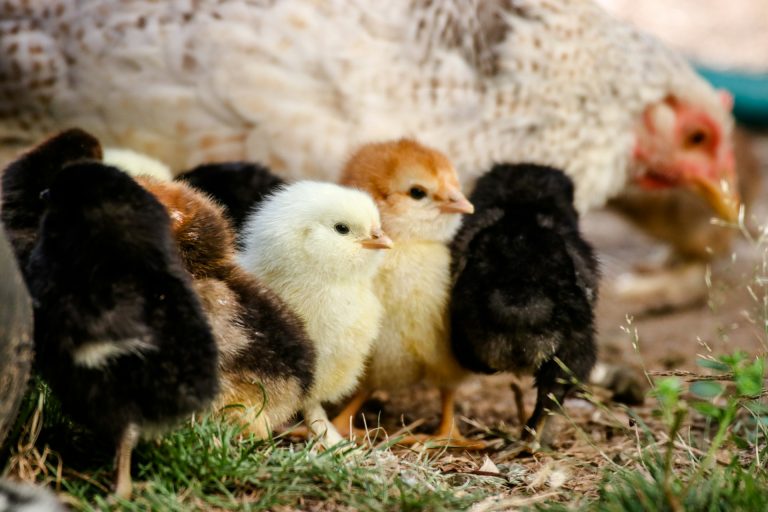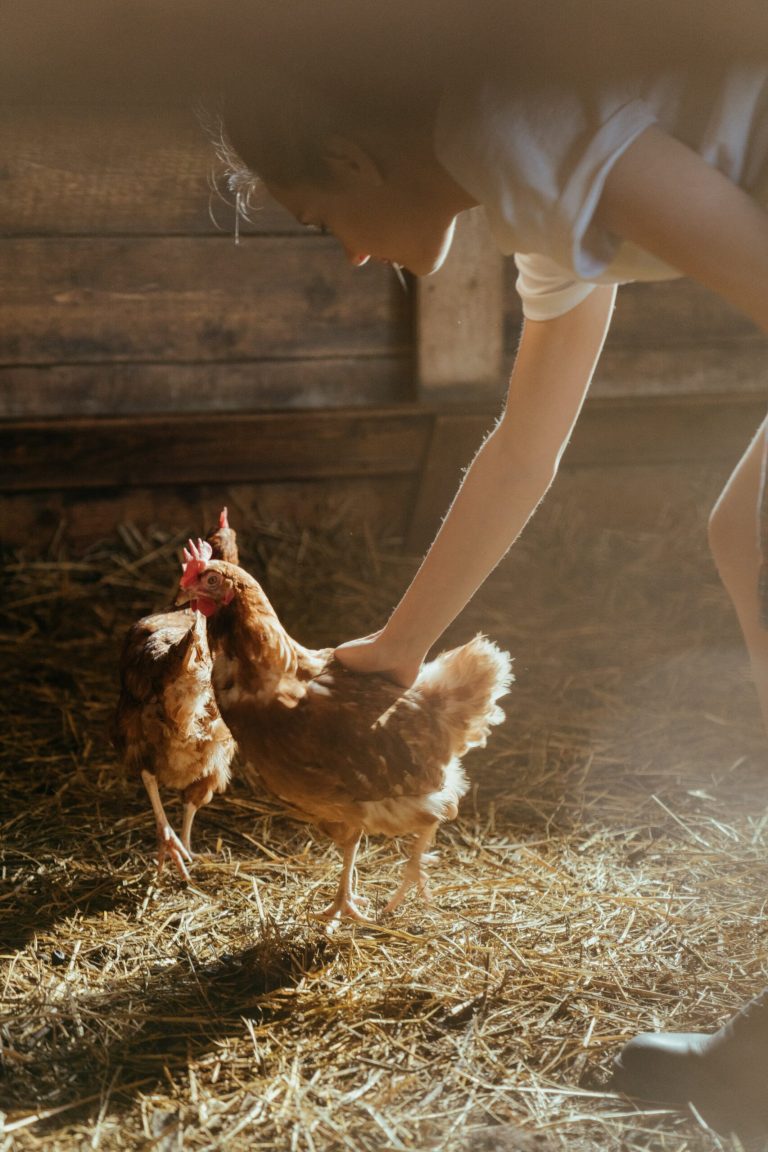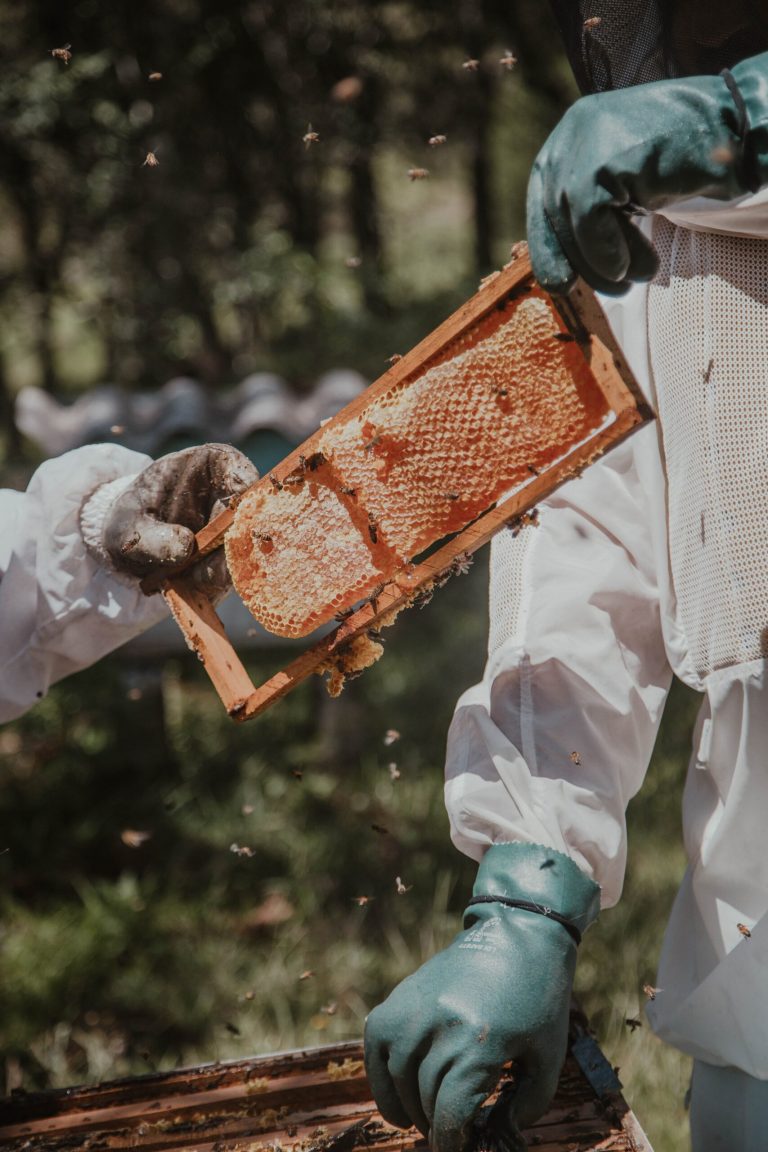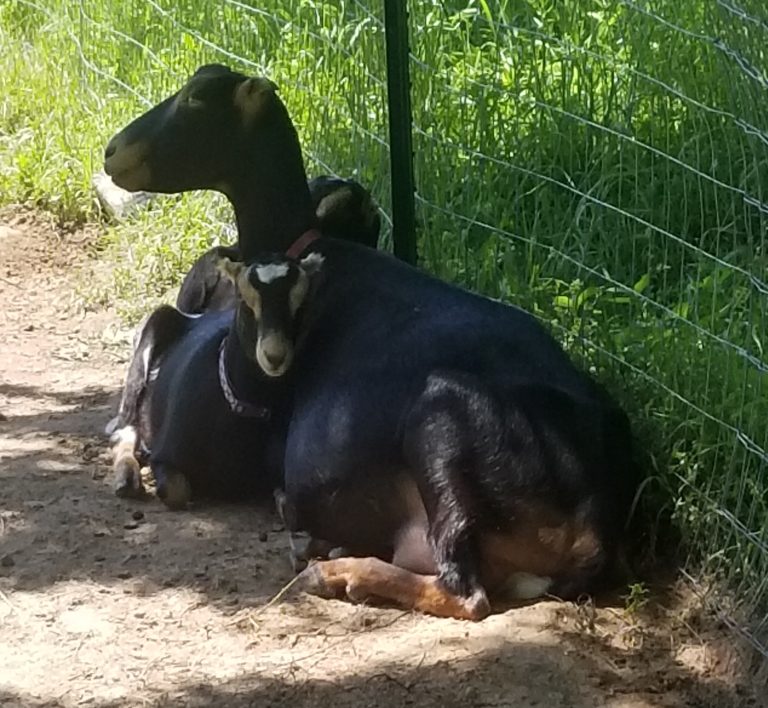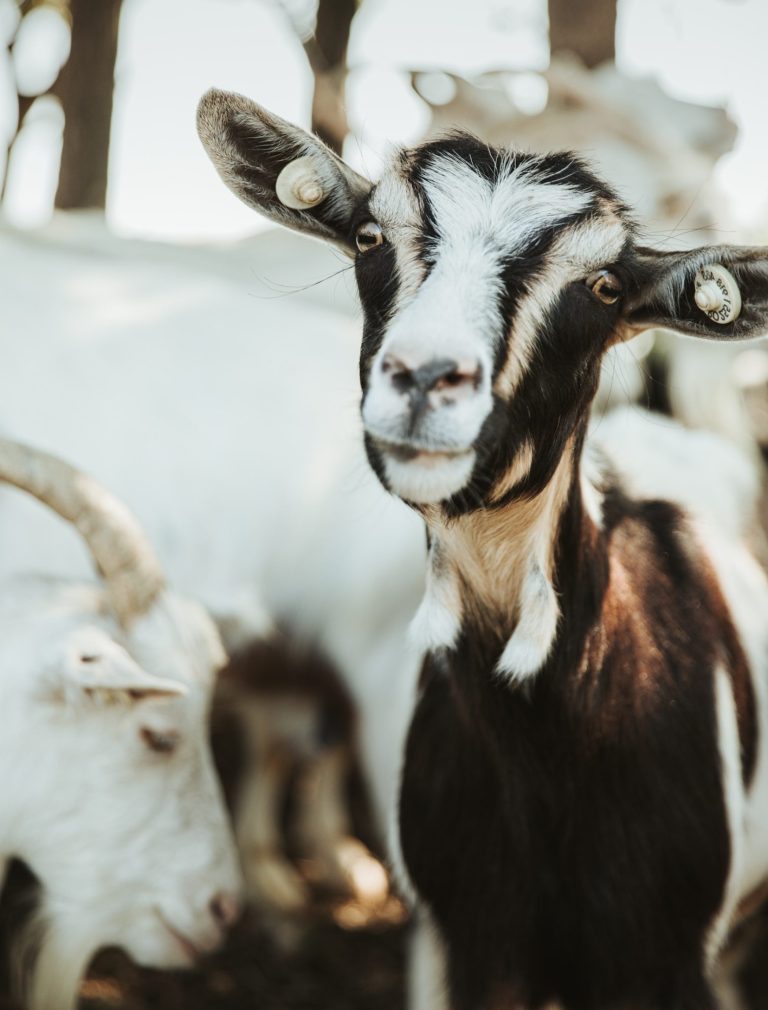Winterizing with Goats: Essential Tips for Keeping Your Herd Healthy and Happy During Cold Months
Winter can be a challenging time for goat owners, as the cold weather presents unique challenges to keeping our herds healthy and happy. Understanding and meeting the needs of your goats during this season is crucial to their overall well-being. In this article, we will explore some essential tips for winterizing with goats.
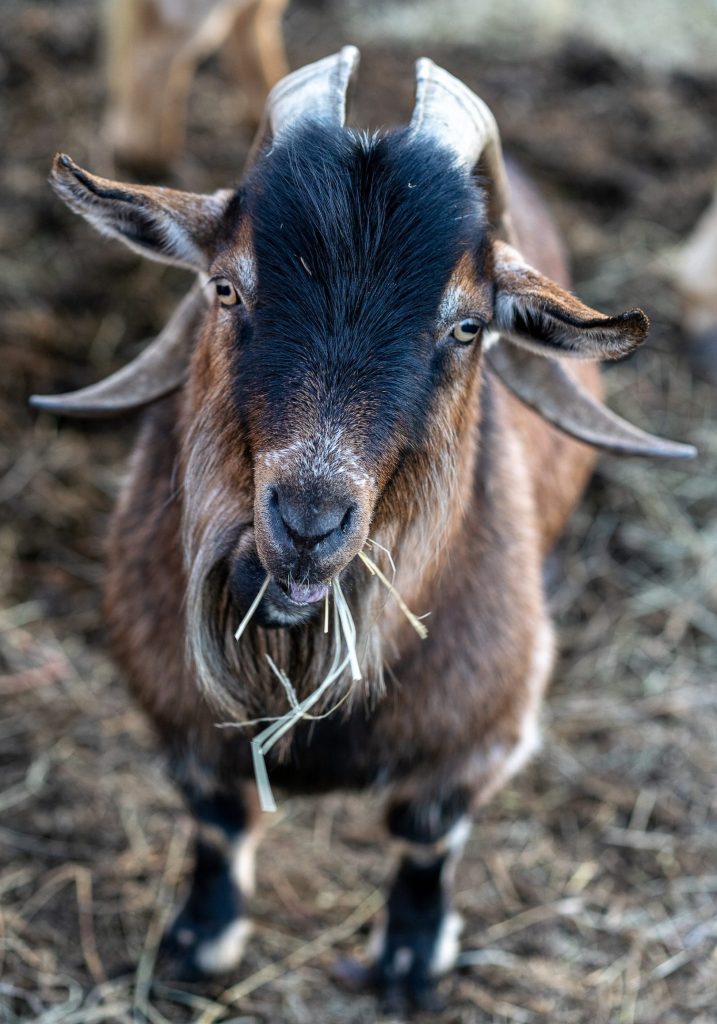
Understanding Goat Needs in Winter
When the temperature drops, goats have specific nutritional and environmental requirements to stay healthy. Let’s look at a few key aspects to consider during the cold months.
Nutritional Requirements for Cold Weather
During winter, goats need additional calories to maintain their body temperature. Provide them with high-quality, high-fiber hay or browse. This will help them generate internal heat through the digestion process. Supplement their diet with grain if necessary, but be mindful of overfeeding, as obesity can lead to health issues.
In addition to providing sufficient calories, it is important to ensure that goats receive the right balance of nutrients during winter. Cold weather can increase their energy needs, so it is essential to provide them with a well-rounded diet. This includes a mix of carbohydrates, proteins, and fats to support their overall health and immune system.
Furthermore, goats require adequate amounts of vitamins and minerals to thrive in winter. Vitamin A is particularly important for maintaining healthy skin and mucous membranes, which act as a barrier against cold weather-related infections. Ensure that their diet includes sources of vitamin A, such as green leafy vegetables or fortified feeds.
The Importance of Hydration in Winter
Keeping your goats properly hydrated is vital in winter. Although goats may drink less water when it’s cold, it’s crucial to ensure they have access to clean, unfrozen water at all times. Check the water sources regularly, and consider using heated buckets or water heaters to prevent freezing.
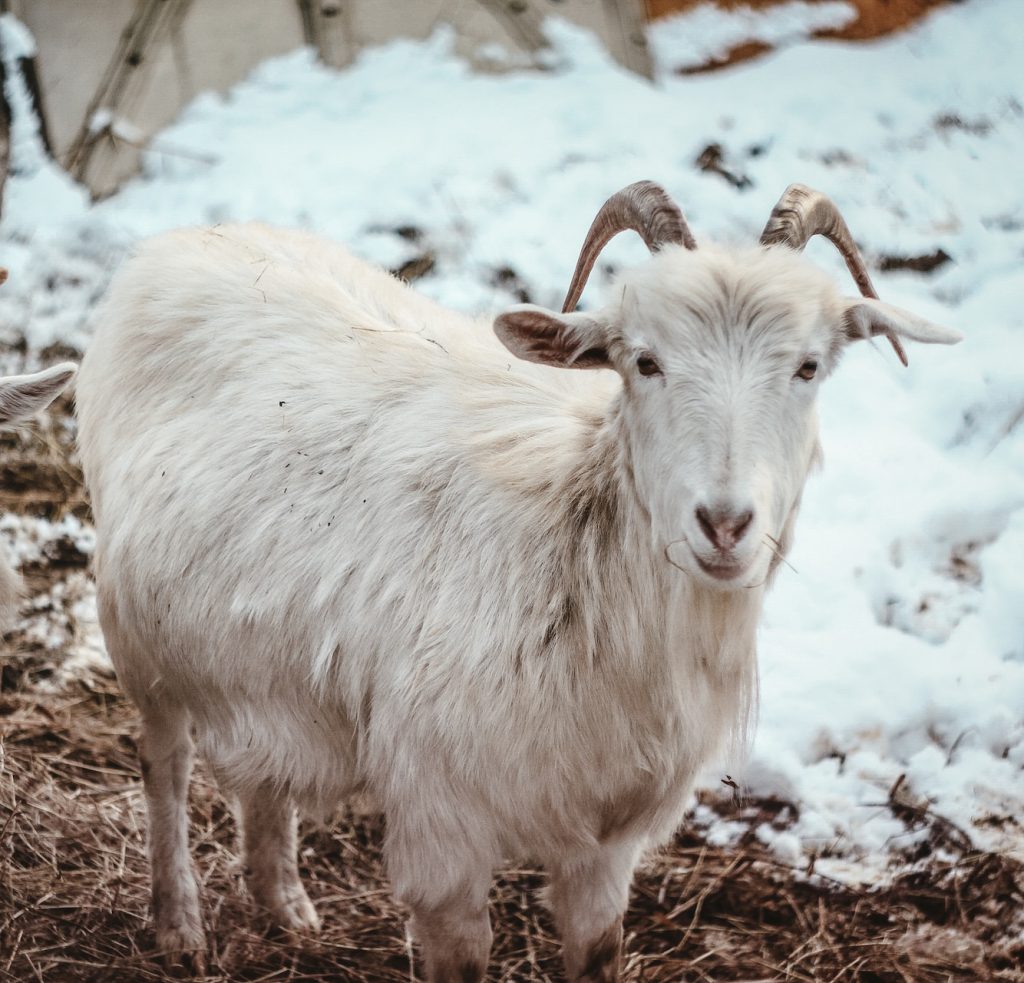
In addition to providing unfrozen water, it is important to monitor your goats’ water intake during winter. Dehydration can be a concern, as goats may not feel as thirsty in colder temperatures. Encourage water consumption by offering warm water or adding electrolytes to their drinking supply. This will help maintain their overall hydration levels and prevent any potential health issues.
Furthermore, providing access to fresh water is not only important for hydration but also for maintaining proper digestive function. Adequate water intake helps prevent issues such as impaction and constipation, which can be more common during winter when goats may consume drier forage.
Recognizing Signs of Cold Stress in Goats
Goats may experience cold stress when they are unable to maintain their body temperature properly. Look out for signs such as shivering, huddling together, reduced activity, and a decrease in feed intake. If you notice these symptoms, take immediate measures to provide warmth and ensure their well-being.
In addition to the physical signs mentioned above, it is important to pay attention to the overall behavior and demeanor of your goats during winter. Cold stress can affect their mental well-being as well, leading to increased stress levels and potential behavioral changes. Keep an eye out for signs of anxiety or restlessness, as these may indicate that your goats are not coping well with the cold weather.
To provide warmth and protection against cold stress, ensure that your goats have access to shelter. A well-insulated barn or shed can provide a comfortable environment where they can seek refuge from harsh weather conditions. Bedding material such as straw or wood shavings can also help insulate their sleeping areas and provide additional warmth.
Providing additional heat can be a mistake. Goats develop a cashmere undercoat to deal with the cold but adding heat to a barn can cause them not to acclimate and can be an issue if you suddenly lose power. If you do decide to provide a heat source, be cautious as they should be properly installed and monitored to prevent any fire hazards or accidental burns.
Remember, each goat is unique, and their ability to withstand cold weather may vary. Some goats may have a higher tolerance for cold temperatures, while others may be more susceptible to cold stress. Regularly monitor their well-being and adjust their care accordingly to ensure they stay healthy and comfortable throughout the winter season.
Preparing Your Goat Shelter for Winter
A well-prepared goat shelter is essential to keep your herd protected from the harsh elements. Take the following steps to ensure their comfort and safety.
Ensure their shelter is well-ventilated but also draft free and well bedded down. By properly preparing their shelter, you can provide them with a warm and cozy environment that promotes their well-being.
Insulating Your Goat Barn
Insulating the walls and ceiling of the goat barn is crucial to retain heat and keep the cold air out. There are various materials you can use for insulation, such as straw bales or foam insulation boards. These materials help create a barrier against the cold, ensuring that the temperature inside the barn remains comfortable for your goats.
Additionally, it is important to ensure proper ventilation in the goat barn. While insulation helps in retaining heat, poor ventilation can lead to moisture build-up, which can result in respiratory issues for your goats. To prevent this, consider creating small openings near the roof or using ventilated panels to maintain proper air circulation.
Ventilation Considerations for Goat Shelters
While insulation is crucial, so is adequate ventilation. Poor airflow can result in a buildup of ammonia and humidity, increasing the risk of respiratory problems for your goats. It is important to strike a balance between insulation and ventilation to create a comfortable and healthy environment.
One effective way to ensure proper ventilation is by installing windows or vents high up in your goat shelter. These openings allow fresh air to enter while allowing stale air and moisture to escape. By maintaining good air circulation, you can minimize the risk of respiratory issues and create a healthier living space for your goats.
Providing Adequate Bedding
During winter, providing your goats with ample bedding is essential to keep them warm and comfortable. The bedding acts as an additional layer of insulation, helping to trap heat and provide a cozy resting place for your goats.
Straw and wood shavings are excellent bedding materials for goats. They are soft, absorbent, and provide good insulation. Make sure to add fresh bedding regularly to maintain cleanliness and ensure a comfortable environment for your goats.
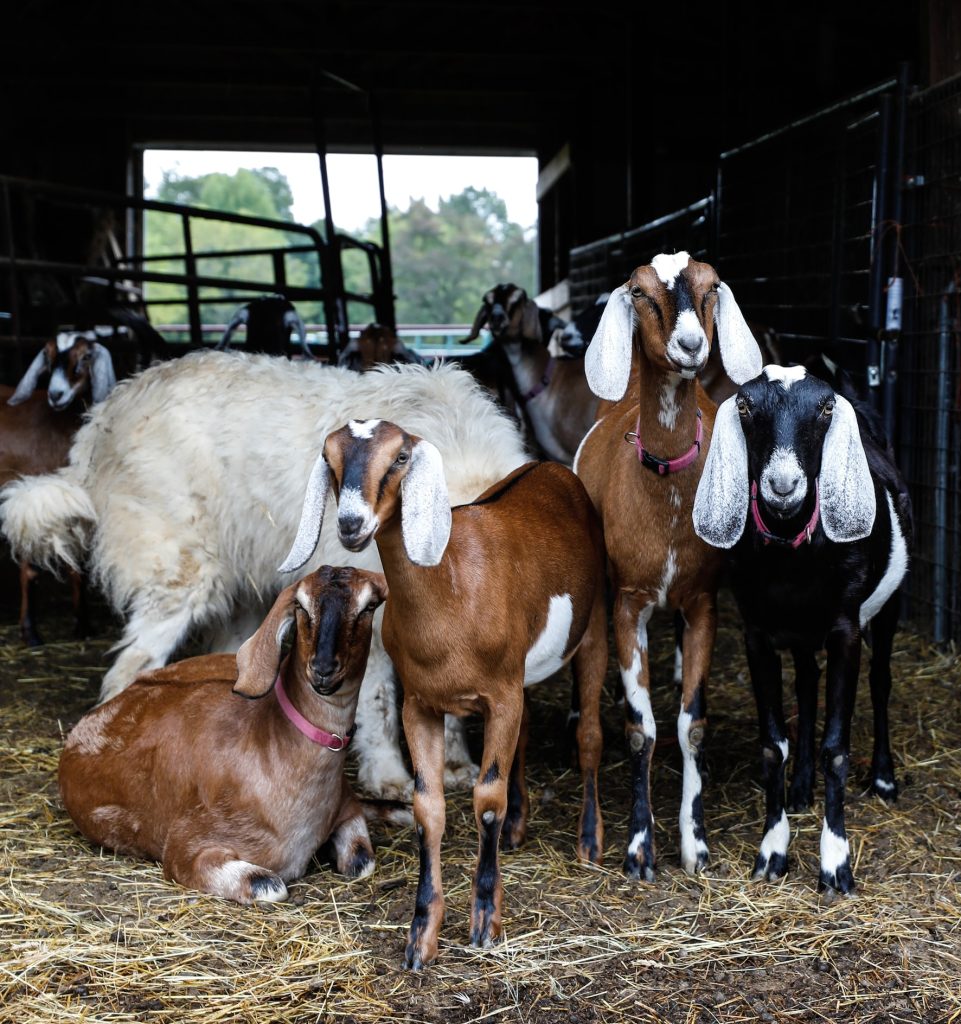
Winter Health Care for Goats
Aside from nutrition and shelter, winter health care is another critical aspect of winterizing with goats. It is essential to take proactive measures to ensure the well-being of your goats during the cold months. By implementing the following practices, you can keep your goats healthy and thriving throughout winter.
Essential Vaccinations for Winter
One of the first steps in winter health care for goats is to ensure that they are up to date with all necessary vaccinations before winter arrives. Vaccines play a crucial role in protecting goats against diseases that can thrive in cold weather. By vaccinating your goats, you can significantly reduce the risk of illness within your herd.
Consult with your veterinarian to determine the specific vaccines your goats need based on their age, breed, and the prevalent diseases in your area. Some common vaccines for goats include those for tetanus, clostridium perfringens types C and D, and pneumonia.
Parasite Control During Cold Months
While parasites may be less active during winter, they can still pose a threat to the health of your goats. It is crucial to develop an appropriate parasite control program for your herd, taking into consideration the climate and specific parasite risks in your area.
Consult with your veterinarian to determine the most effective parasite control methods for your goats during the cold months. This may include deworming treatments and regular fecal testing to monitor parasite levels. By implementing a comprehensive parasite control program, you can minimize the risk of parasitic infestations and keep your goats healthy throughout winter.
Hoof Care in Winter
Regular hoof care is crucial for goats throughout the year, but it becomes even more vital during winter. The combination of mud and snow can create challenging conditions for goat hooves, increasing the risk of hoof problems and lameness.
Schedule regular hoof trims for your goats to prevent overgrowth and maintain proper hoof health. Trimming the hooves will help prevent issues such as hoof rot and abscesses, which can be exacerbated by the damp and cold conditions of winter.
In addition to regular trims, provide a clean and dry area for your goats to minimize the risk of hoof-related issues. This can be achieved by using materials such as gravel or wood chips to create a dry surface in high-traffic areas and around feeding stations.
Furthermore, it is essential to regularly inspect your goats’ hooves for any signs of injury or infection. Promptly address any issues by seeking veterinary care to prevent further complications.
Keeping Your Goats Active and Happy in Winter
While winter may limit outdoor activities for your goats, there are still ways to keep them active and content. Consider the following strategies to prevent boredom and maintain social interaction within the herd.
Enrichment Activities for Indoor Days
During extreme weather conditions, provide your goats with enrichment activities to keep them mentally stimulated. Hang edible treats or toys for them to investigate, or create simple obstacle courses to engage their natural curiosity.
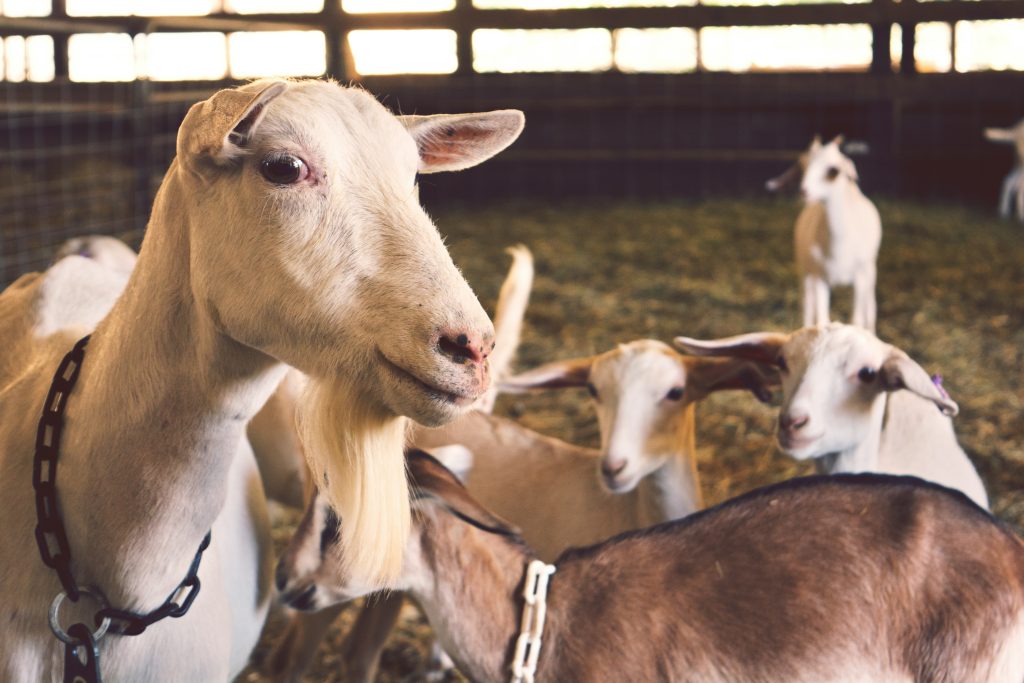
Maintaining Social Interaction Among the Herd
Goats are social animals and thrive on interaction. Designate a sheltered area where they can gather and spend time together. This will help maintain their social bonds and reduce stress during the winter months.
Adjusting Feeding Schedules for Winter
With reduced outdoor grazing opportunities, adjusting your goats’ feeding schedule is important. Offer them small, frequent meals rather than large portions. This will help keep their rumen functioning properly and prevent digestive issues.
By understanding goat needs in winter, preparing their shelter, prioritizing their health care, and keeping them engaged, you can ensure your herd remains healthy and happy during the cold months. Implement these essential tips, and enjoy a successful winter with your goats.
